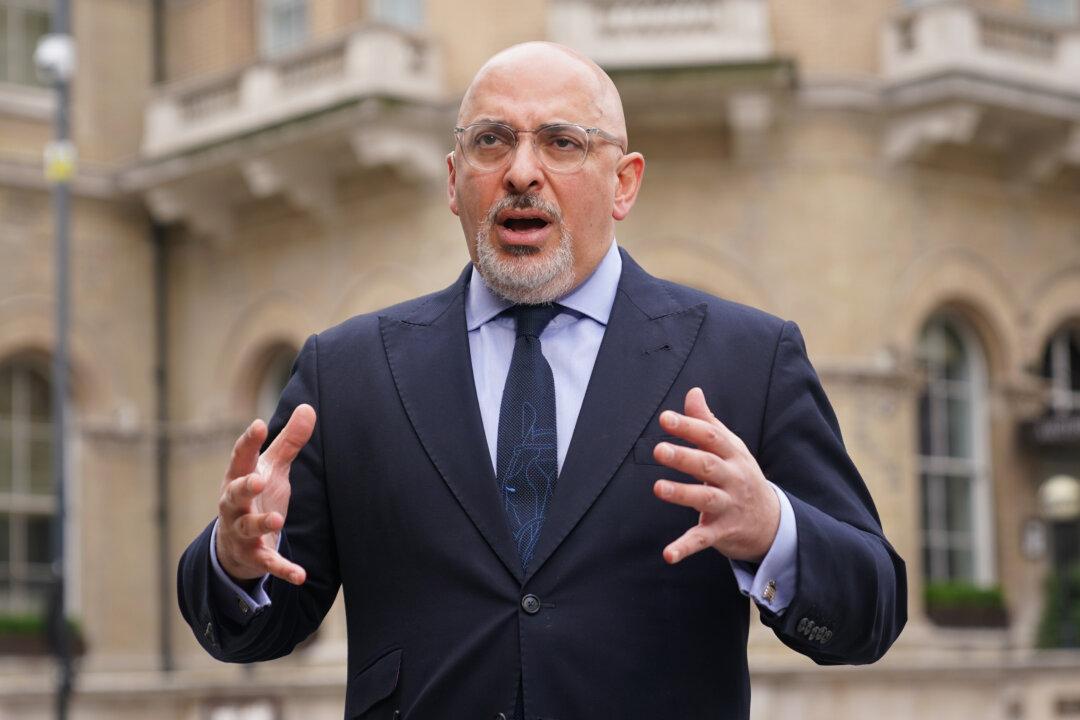British Education Secretary Nadhim Zahawi on Thursday accused an exam board of “cultural vandalism” after it replaced works by poets including Philip Larkin and Wilfred Owen from its GCSE curriculum.
Zahawi said he will raise the issue with the exam board. Downing Street also said the education minister has the support of Prime Minister Boris Johnson.





